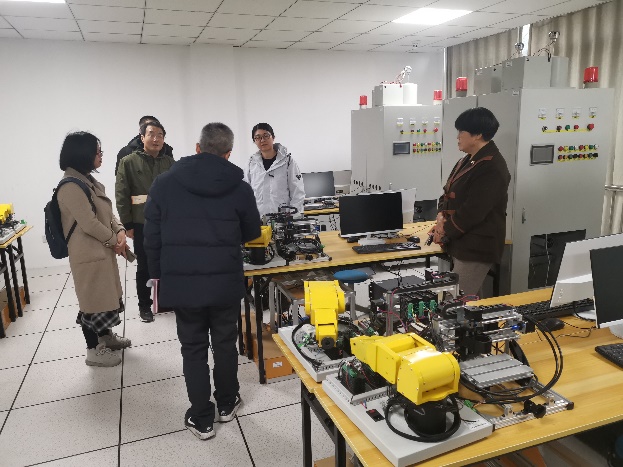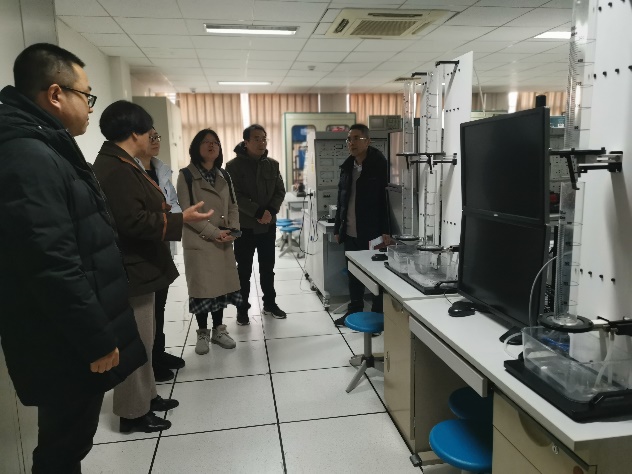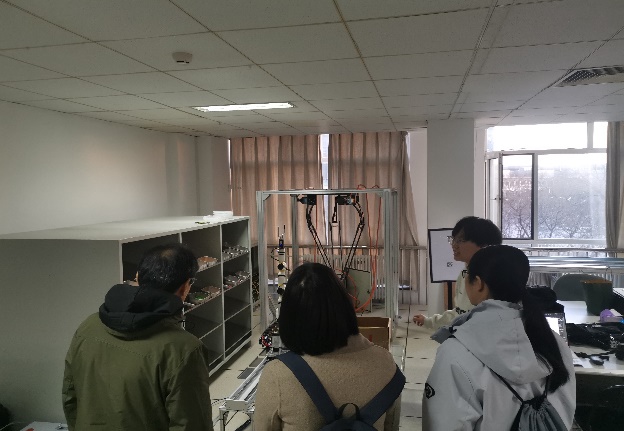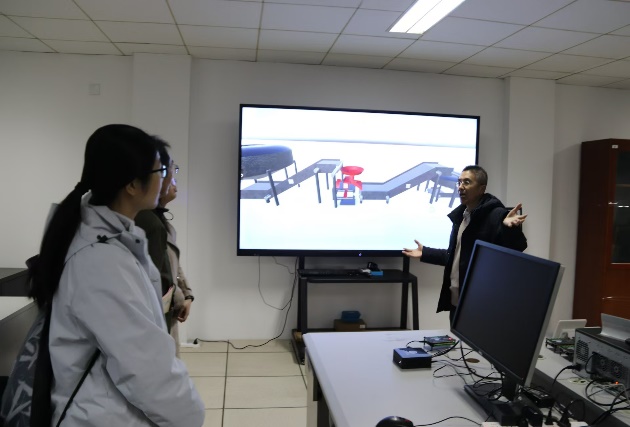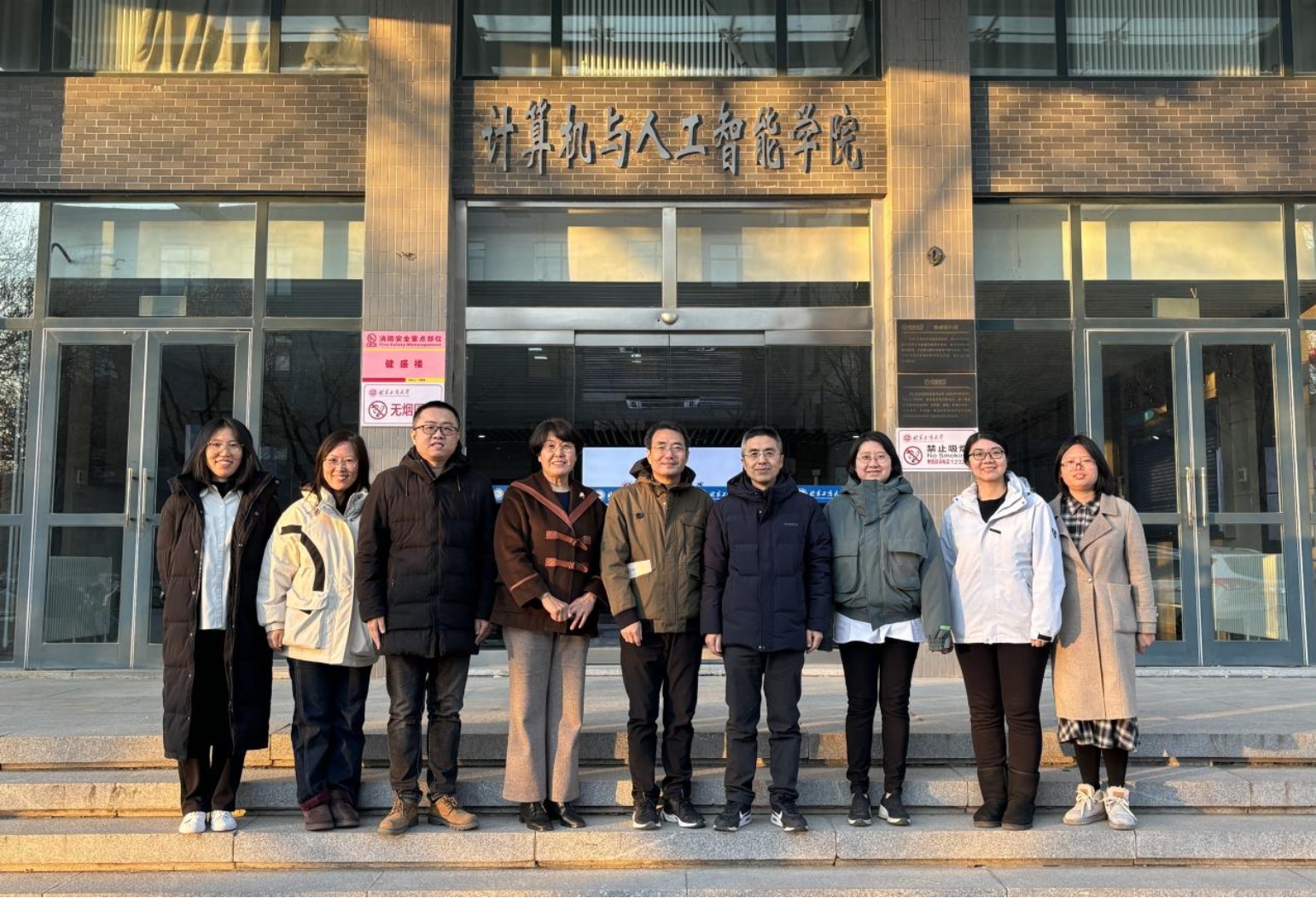
Guangdong Ocean University Visits Our College for Research and Exchange
On the afternoon of December 18, 2024, a delegation of three people led by Director Li Yifeng from the School of Electronic and Information Engineering and the School of Mechanical and Energy Engineering of Guangdong Ocean University visited our Department of Automation for a research and exchange activity. The event took place in Room 409 of the Engineering Practice Building at Liangxiang Campus, with Professor Sun Xiaorong, the vice dean in charge of undergraduate teaching at our college, delivering the opening remarks. The event was divided into two stages: the professional construction exchange was chaired by Professor Liu Cuiling, the person in charge of the control discipline, and the laboratory visit and exchange was chaired by Director Xu Jiping, the head of the Department of Automation. Professor Wang Li, the Party branch secretary of the Department of Automation, summarized the event. Deputy Director Yu Jiabin, Assistant Director Wang Zhaoyang, and Teacher Su Tingli from the Department of Automation participated in the exchange activities. Both sides mainly conducted in-depth discussions on talent training issues such as professional construction, curriculum construction, laboratory construction, and cooperative exchanges, laying a solid foundation for further joint construction in the future.
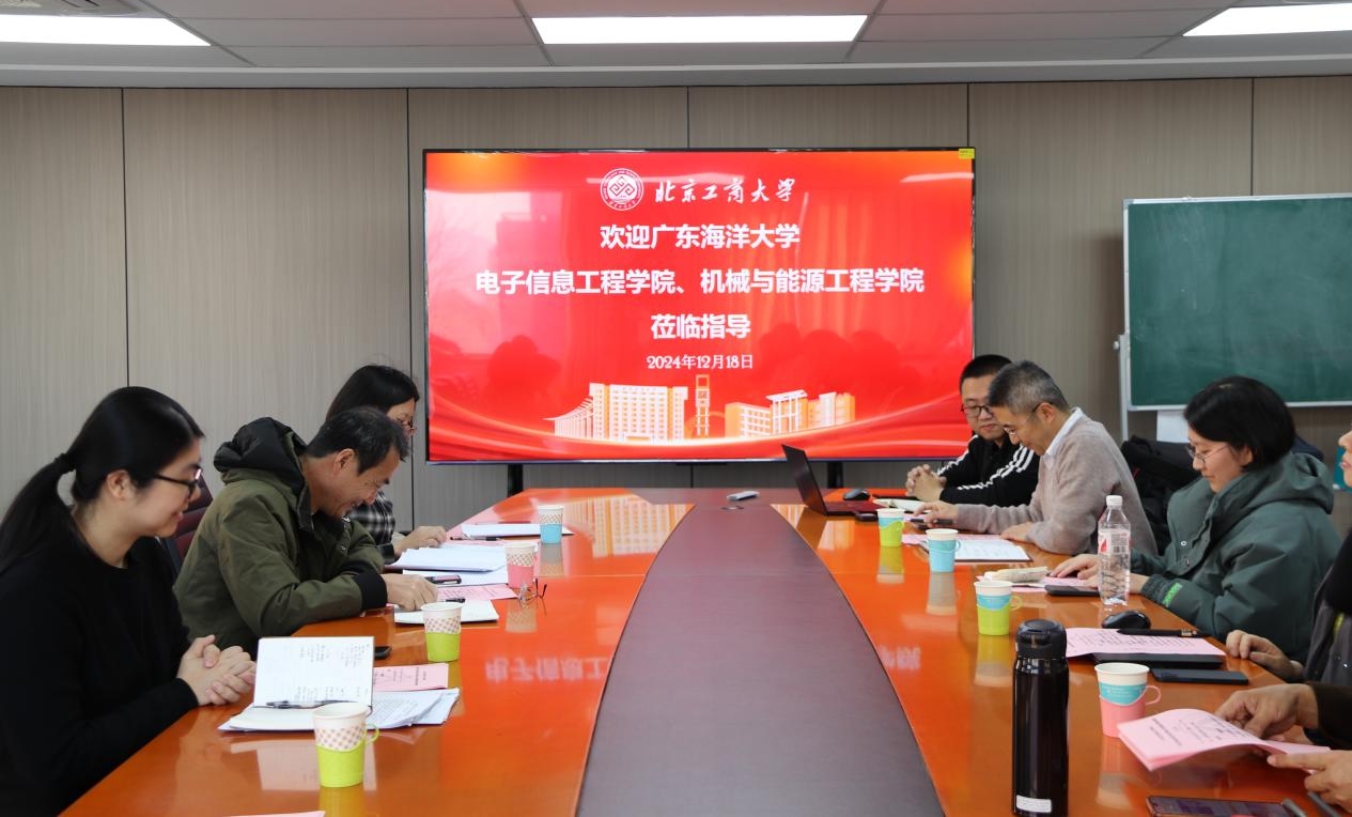
Vice Dean Sun Xiaorong delivered the welcome speech on behalf of the college. Dean Sun first introduced the organizational structure of our School of Computer Science and Artificial Intelligence and the basic situation of the Department of Automation. He expressed hope that this exchange would strengthen cooperation and mutual progress between the two universities and extended a warm welcome to Director Li Yifeng, Teacher Guo Xiaoqing, and Teacher Feng Yi from Guangdong Ocean University.
Teacher Yu Jiabin, the director of the Electrical Engineering and Automation program, provided a detailed introduction to the program from aspects such as training objectives, graduation requirements, and practical link settings. The program closely revolves around "one combination" (a combination of strong and weak electricity) and "two training directions" (power system analysis and control, intelligent electrical technology), constructing a teaching model with students as the main body and teachers as the guide, encouraging students' independent inquiry. In the employment quality reports of the school over the past 10 years, the high-quality employment rate (further study plus signing rate) has always been among the top in the school. Teacher Wang Zhaoyang, the assistant director of the Automation program, provided a detailed introduction to the Automation program from aspects such as the current state of professional construction, talent training, and scientific research directions. He emphasized the characteristics of the Automation program in the integration of science and education, focusing on the needs of talent and industrial digitalization in the capital's industrial internet, and introduced a talent training plan driven by industrial internet, blockchain, and digital twin technologies. Relying on scientific research directions such as rapid detection and prevention of food safety, water ecological assessment and prediction, and digital automation, a teaching model integrating industry, education, research, and application has been constructed.
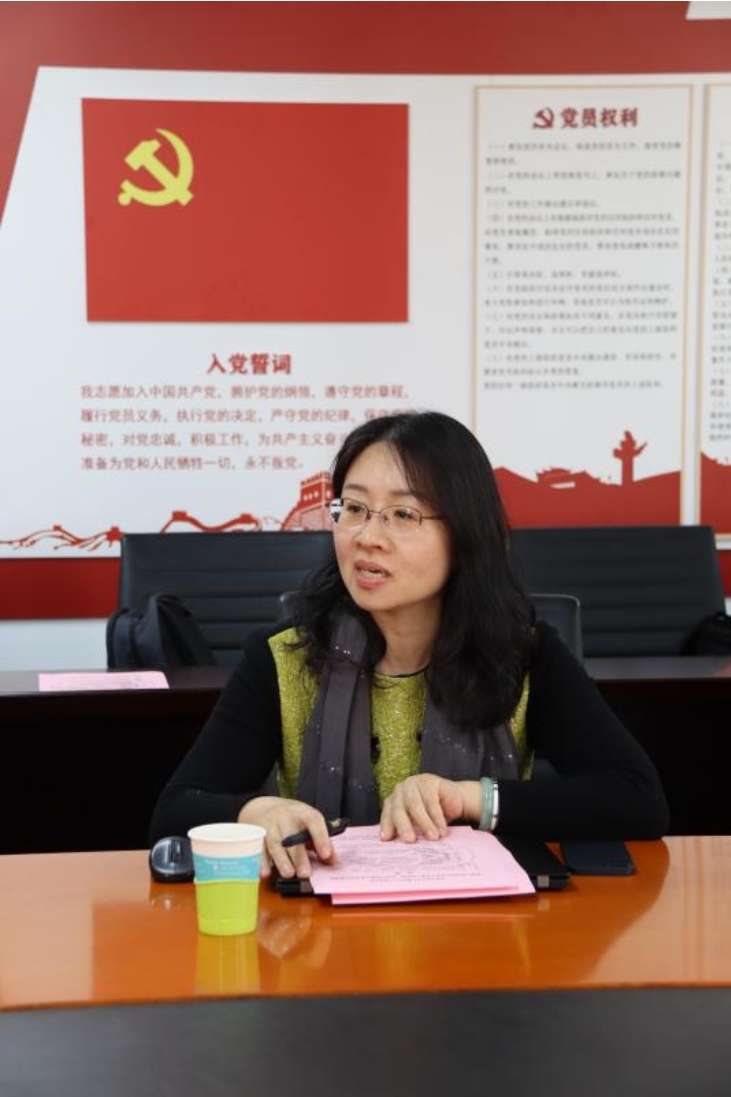
Director Li Yifeng from Guangdong Ocean University mainly introduced the historical evolution, professional settings, training plans, and curriculum settings of the Electrical Engineering Department of Guangdong Ocean University. At the same time, Director Li hoped that the two universities would strengthen the exchange of experience in formulating training plans, applying for engineering certification, and students' postgraduate entrance examination, providing new ideas for the common improvement of professional education between the two universities and further forming a mechanism for joint construction.
During the discussion, both sides jointly studied the training plans of the electrical and automation majors of the two universities and exchanged experiences in the design of students' comprehensive practice links and cutting-edge course design. Teacher Su Tingli, a core member of the engineering certification work of our university's automation major, provided suggestions on the understanding of the OBE educational philosophy in the training plan and the calculation of course goal achievement. In addition, both sides conducted in-depth discussions on how to promote education and discipline development through strengthening resource sharing and cooperation. Our university encouraged outstanding students from Guangdong Ocean University to apply for the master's program in control disciplines at Beijing Technology and Business University and also expressed that it would actively guide doctoral students in system science at our university to pay attention to the talent introduction policies of Guangdong Ocean University, as a future teacher reserve to promote educational cooperation and regional higher education development between the two universities.
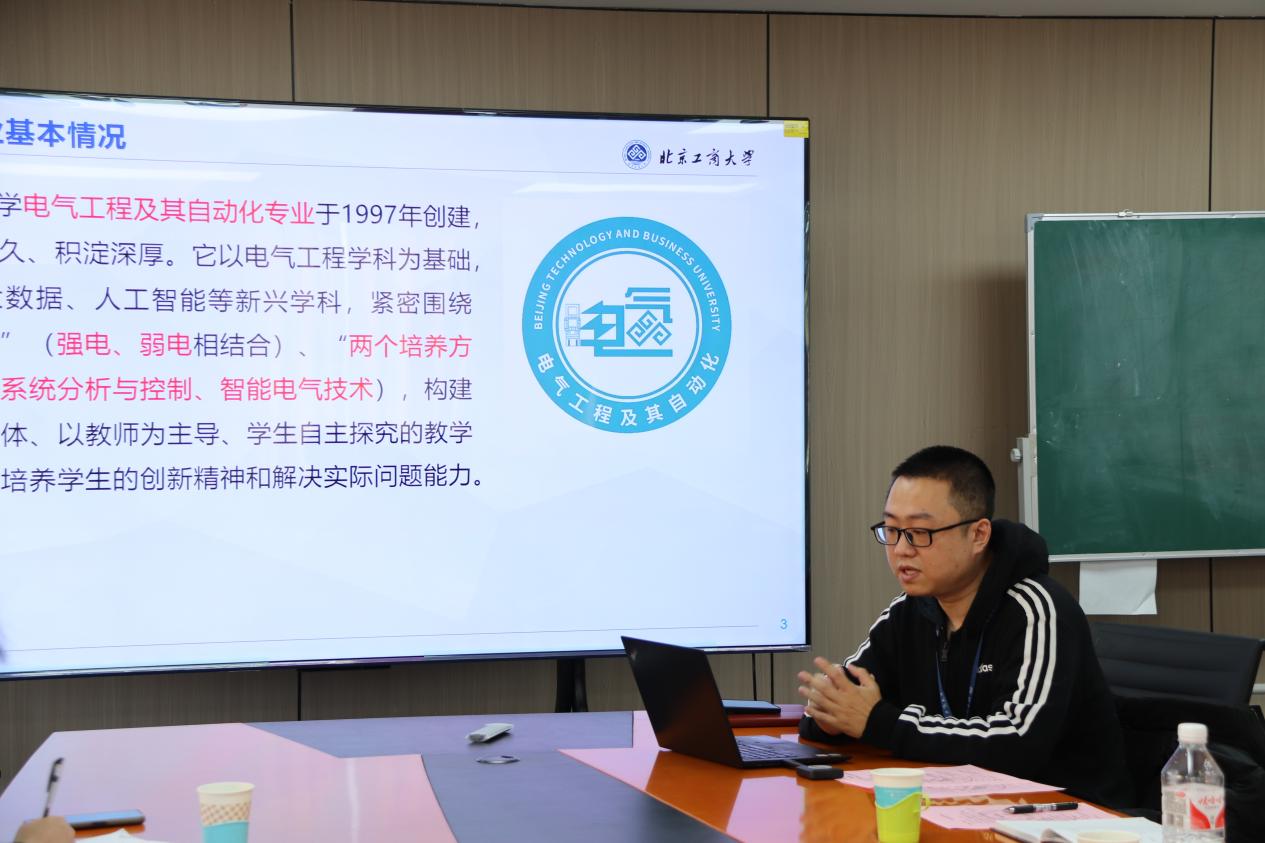
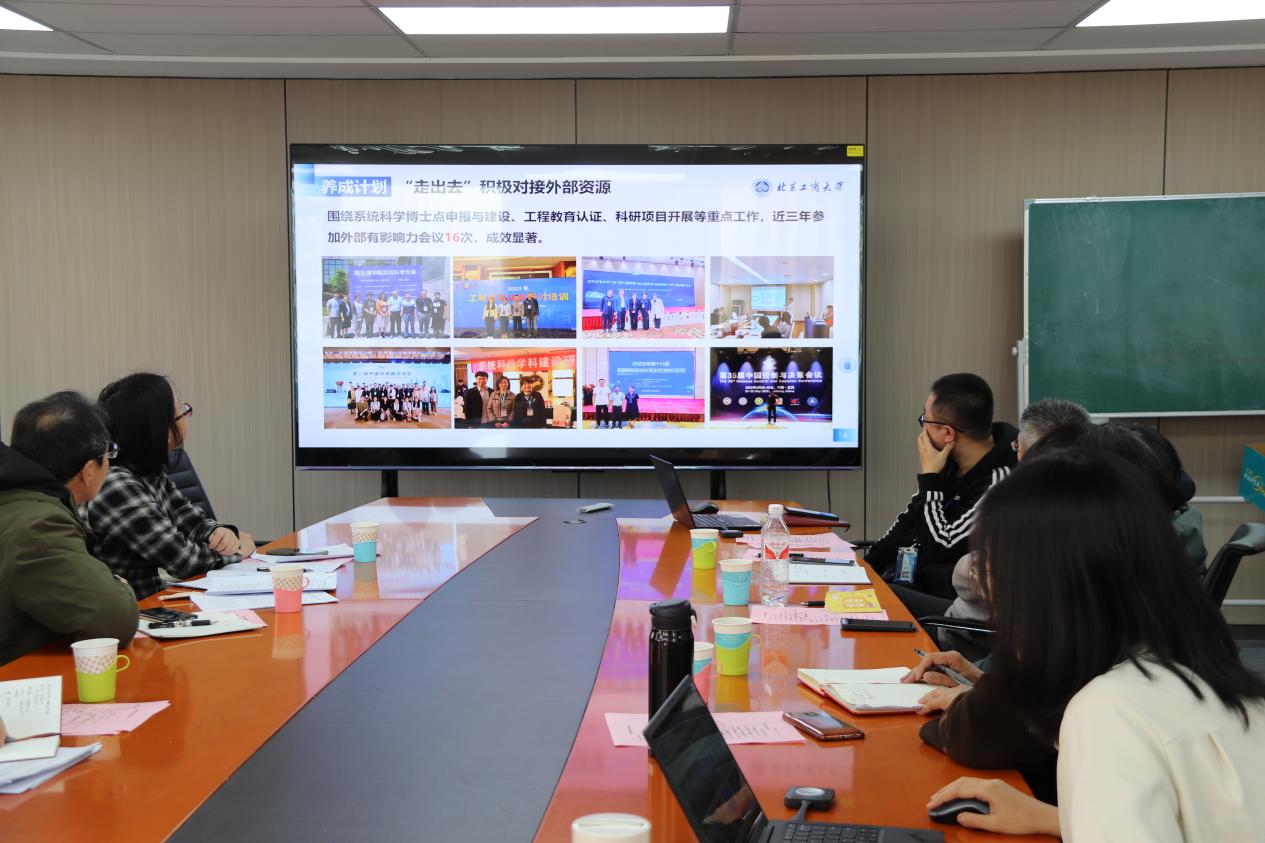
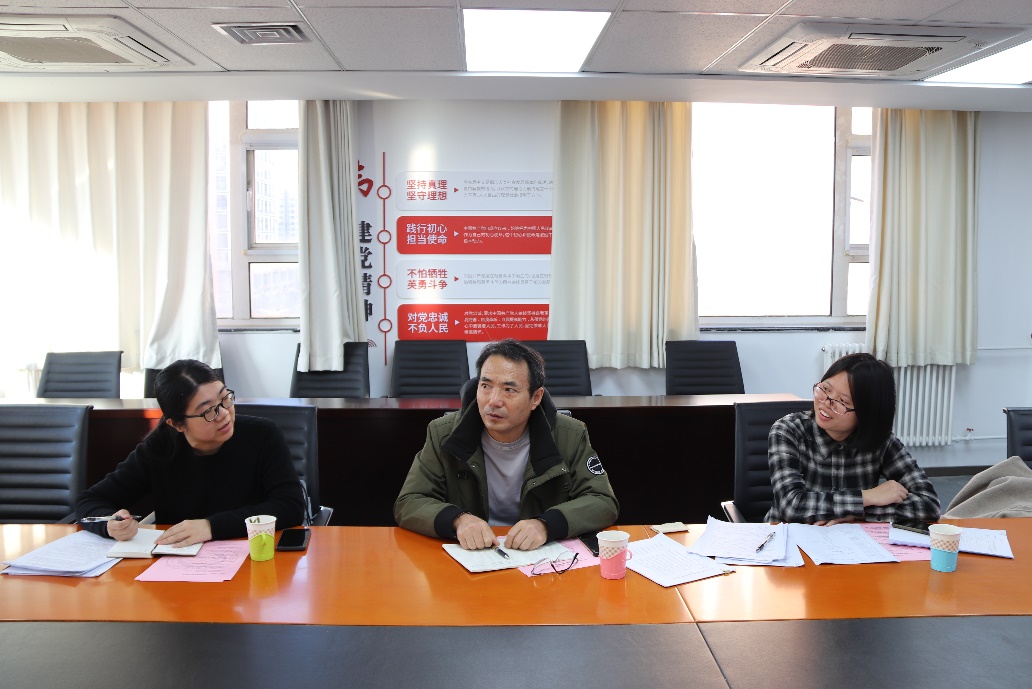
Finally, Party Branch Secretary Wang Li of the Department of Automation summarized the meeting. She hoped that the two universities would exchange experiences in talent training and student employment, fully reflecting the core idea of leading high-quality business development with high-quality party building, focusing on "three-dimensional education," and cultivating digital and intelligent automation talents with high political awareness, strong innovation capabilities, and solid professional skills in the new era.
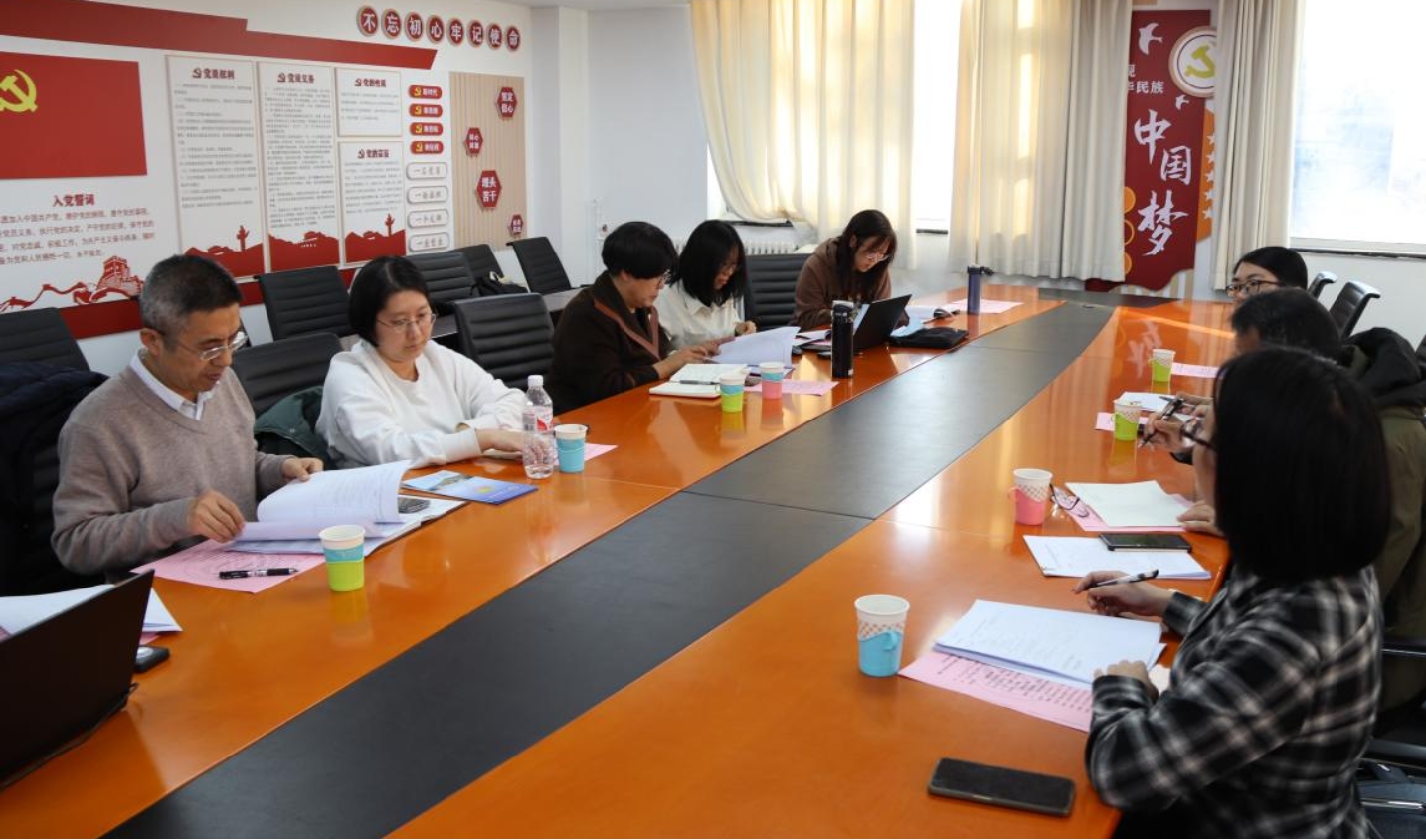
During the laboratory visit, the visiting teachers, guided by Director Xu Jiping of the Department of Automation, visited our university's Department of Automation's Motor and PLC Laboratory, Power Electronics and Comprehensive Automation Control Laboratory, Rockwell Laboratory, and China Light Industry Industrial Internet and Big Data Key Laboratory.
This exchange activity not only deepened the mutual understanding between the two universities in related majors and disciplines but also built a solid bridge for future cooperation. Both sides agreed that the cooperation between the two universities is not only a new attempt at sharing higher education resources but also an important measure for colleges and universities to cooperate in promoting regional higher education development. The two universities will take this cooperation as an opportunity to achieve complementary advantages, joint construction, and shared success, clarify talent training goals, and innovate talent training models, bravely moving forward on the new journey of building a strong country in education, science and technology, and talent.
